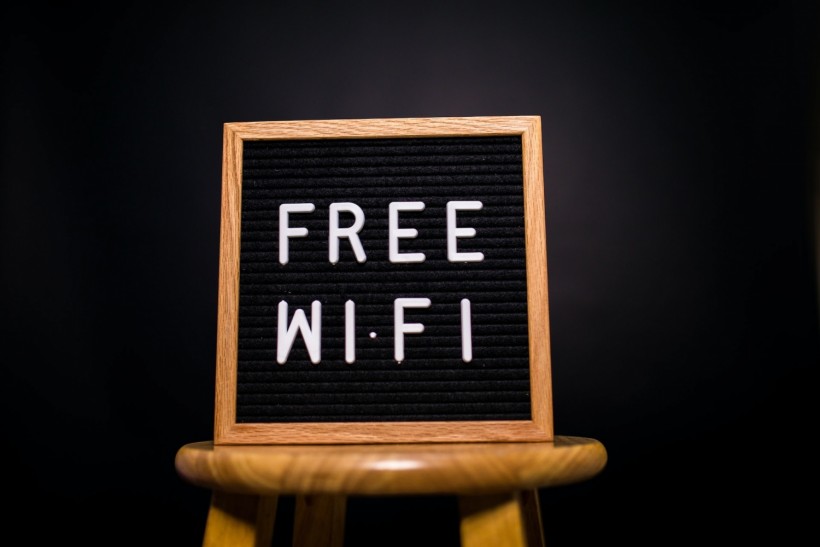
(Photo : RDNE Stock project from Pexels)
Free Wi-Fi is already a common tradition in our increasingly connected society. These networks enable us to stay productive and connected when traveling, whether at coffee shops or airports. However, this facility could come with security risks. This article will discuss how to use free Wi-Fi while protecting the privacy of your personal data.
Choose Trusted Networks
Free Wi-Fi networks are not all created equal. The networks given by trustworthy institutions, such as cafés, libraries, or the official airport or hotel networks, must be chosen. To fool users into joining, cybercriminals frequently create fake hotspots with names that seem similar to those of real ones. To prevent slipping into such traps, make sure the person is aware of the network's identity. For instance, McDonald's gives free Wi-Fi to its customers. Despite the precautions McDonald's takes to safeguard its Wi-Fi, keep in mind that it is a public network. To keep your data safe, go by the safety recommendations.
Use A VPN
It is quite difficult for hackers to intercept your data when your internet connection is encrypted using a VPN. It is a very powerful instrument. Your online actions remain hidden from prying eyes while using a VPN, even on unprotected networks. So, when using public Wi-Fi like Marriott Hotel's free Wi-Fi make sure to use VPN.
Turn Off Sharing
It's possible that your device is configured to exchange files or resources via a network. While this capability is helpful at home or in a secure setting, using public Wi-Fi poses a danger. Before connecting to unidentified networks, disable public folder sharing, file sharing, and printer sharing. This safety measure shields your device from illegal access.
Enable Firewall Protection
Use the firewall that is already integrated into your device to offer an additional line of defense against illegal incoming connections. When accessing public Wi-Fi networks, firewalls assist in preventing malicious traffic and averting potential intrusions.
Avoid Sensitive Transactions
Avoid the temptation to do critical transactions when using free Wi-Fi, such as online banking or shopping. Your financial and personal information may be exposed since these networks are more open to eavesdropping. Before performing such actions, wait until you're connected to a secure, private network.
Ensure HTTPS Connections
Verify that a website's URL begins with "https://" rather than "https://" before entering any sensitive data on it. The "s" denotes an encrypted, secure connection. The majority of trustworthy websites employ HTTPS to safeguard user data, making sure that even if the transmission is intercepted, no one will be able to understand it.
Forget the Network After Use
Make sure to disconnect from and "forget" the network on your smartphone once you've finished utilizing a free Wi-Fi connection. This lessens the possibility of accidentally revealing your data by stopping your device from connecting to the same network in the future.
* This is a contributed article and this content does not necessarily represent the views of hngn.com








